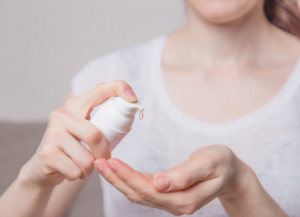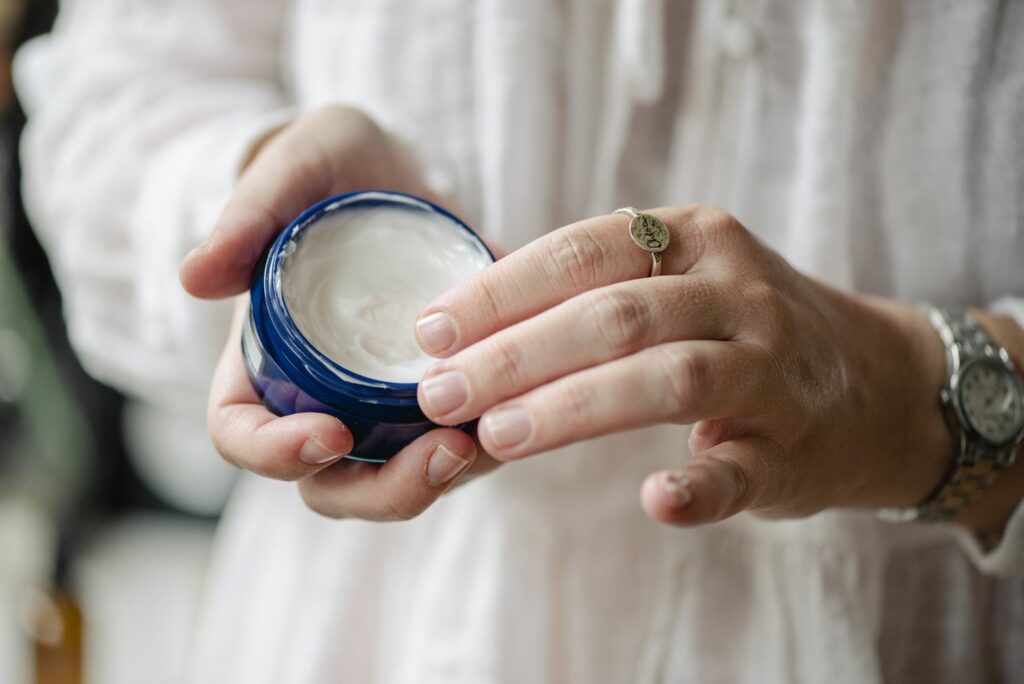Vaginal dryness is a common and often uncomfortable condition that many women experience at some point in their lives. It can be caused by a variety of factors, including hormonal changes, medications, certain health conditions, and lifestyle choices. While it may be a sensitive topic, addressing vaginal dryness is crucial for both physical and emotional well-being. In this comprehensive guide, we’ll explore the causes, symptoms, and most importantly, the prescriptions for alleviating and preventing vaginal dryness.
Contents
Understanding Vaginal Dryness
Vaginal dryness occurs when the natural lubrication of the vagina is insufficient, leading to discomfort, itching, and pain during intercourse. Common causes include:
- Hormonal Changes: Fluctuations in hormonal levels, especially during menopause, pregnancy, and breastfeeding, can result in decreased estrogen levels, leading to vaginal dryness.
- Medications: Certain medications, such as antihistamines, decongestants, and some antidepressants, can contribute to reduced vaginal lubrication.
- Health Conditions: Conditions like Sjögren’s syndrome, diabetes, and autoimmune disorders may affect the moisture levels in the vaginal tissues.
- Emotional Factors: Stress, anxiety, and relationship issues can impact sexual arousal and contribute to vaginal dryness.
List of Prescription for Vaginal Dryness Provided by Professionals
Navigating the nuances of vaginal dryness requires a comprehensive approach, and healthcare professionals often prescribe a tailored regimen to address this common concern. From hormone replacement therapy to practical lifestyle modifications, the following list outlines key recommendations provided by professionals to empower individuals in reclaiming comfort and confidence.
Hormone Replacement Therapy (HRT)
Hormone Replacement Therapy involves the administration of estrogen in various forms such as creams, tablets, or rings. Professionals recommend HRT when hormonal imbalances, particularly decreased estrogen levels, contribute to vaginal dryness. By restoring hormonal balance, estrogen therapy helps improve vaginal moisture, alleviating discomfort and enhancing overall comfort. The specific type and dosage of HRT are determined based on individual medical history and needs.
Vaginal Moisturizers

Vaginal moisturizers, available both over-the-counter and as prescription-grade products, are designed for regular application to the vaginal tissues. These moisturizers work by enhancing and maintaining moisture levels over an extended period, providing consistent relief from dryness. Healthcare professionals may recommend a specific brand or formulation based on the severity of symptoms and individual preferences.
Lubricants
Lubricants, whether water-based or silicone-based, offer immediate relief during sexual activity by reducing friction and enhancing comfort. Professionals guide individuals in selecting lubricants without irritating additives or fragrances. Open communication with partners about incorporating these products into intimacy is encouraged for a holistic approach to managing vaginal dryness.
Lifestyle Modifications
Lifestyle modifications play a pivotal role in managing vaginal dryness. Adequate hydration through regular water intake supports overall health, including vaginal moisture. A well-balanced diet rich in omega-3 fatty acids contributes to improved vaginal health. Professionals provide personalized recommendations, emphasizing the avoidance of harsh soaps, douches, and scented products in the genital area to maintain the natural balance of the vaginal environment.
Pelvic Floor Exercises (Kegel Exercises)
Professionals recommend pelvic floor exercises, commonly known as Kegel exercises, to strengthen pelvic muscles. Regular practice enhances blood flow to the pelvic region, contributing to improved arousal and natural lubrication. Healthcare providers offer guidance on the correct technique and frequency of exercises tailored to individual needs.
Emotional Well-being
Addressing stress and anxiety is integral to managing vaginal dryness. Professionals may recommend relaxation techniques, and mindfulness practices, or suggest seeking support from mental health professionals. Open communication with partners about emotional well-being fosters a supportive and understanding environment, contributing to overall sexual health.
Regular Follow-ups
Scheduled follow-up appointments with healthcare professionals are essential for monitoring progress and adjusting treatment plans as needed. During these appointments, individuals can discuss any changes in symptoms, address concerns, and receive ongoing guidance to optimize the management of vaginal dryness. Regular follow-ups ensure a personalized and evolving approach to care based on individual responses to prescribed interventions.
In navigating the landscape of vaginal dryness, this guide aims to empower individuals with comprehensive information to make informed decisions about their health and well-being. Always consult with a healthcare professional for personalized advice tailored to your specific needs.
How To Get a Prescription for Vaginal Dryness?

Obtaining a prescription for vaginal dryness involves a step-by-step process that typically starts with consulting a healthcare professional. Here’s a guide on how to get a prescription for vaginal dryness:
- Schedule an Appointment: Contact your primary care physician or gynecologist to schedule an appointment. If you don’t have a specific healthcare provider, consider reaching out to a gynecologist specializing in women’s health.
- Prepare for the Appointment: Before the appointment, compile a detailed medical history, including information about your menstrual cycle, any medications or supplements you’re taking, and a description of your symptoms.
- Be Open and Honest: During the appointment, openly discuss your symptoms and any concerns you may have. Be honest about the severity and impact of vaginal dryness on your daily life and intimate relationships.
- Undergo a Physical Examination: The healthcare provider may conduct a physical examination to assess the vaginal tissues and rule out any underlying medical conditions contributing to dryness.
- Discuss Potential Causes: Your healthcare provider will explore potential causes of vaginal dryness, such as hormonal changes, medications, or health conditions. This discussion helps determine the most appropriate course of treatment.
- Explore Non-Prescription Interventions: Before prescribing medications, your healthcare provider may suggest non-prescription interventions, such as lifestyle modifications, the use of over-the-counter moisturizers or lubricants, and pelvic floor exercises.
- Follow-Up Appointments: Your healthcare provider may schedule follow-up appointments to monitor your progress, adjust the treatment plan as needed, and address any concerns or questions you may have.
- Seek a Second Opinion if Necessary: If you feel uncertain about the diagnosis or treatment plan provided, don’t hesitate to seek a second opinion from another healthcare professional. Your comfort and confidence in the prescribed interventions are essential.
Remember, each individual’s situation is unique, and the approach to managing vaginal dryness may vary. It’s crucial to work collaboratively with your healthcare provider to find the most suitable and effective treatment plan tailored to your needs and preferences.
Conclusion
Vaginal dryness is a common condition that can affect women of all ages, but it’s essential to recognize that effective treatments are available. Seeking professional advice, considering hormone replacement therapy, using moisturizers and lubricants, adopting a healthy lifestyle, and addressing emotional well-being can collectively contribute to a more comfortable and satisfying experience. By taking a proactive approach to vaginal health, women can navigate through the challenges of dryness and embrace a fulfilling and enjoyable intimate life.
If you are facing menopause-related issues, menopause treatment at HerMantra can help. Book your free trial online menopause treatment session now.


